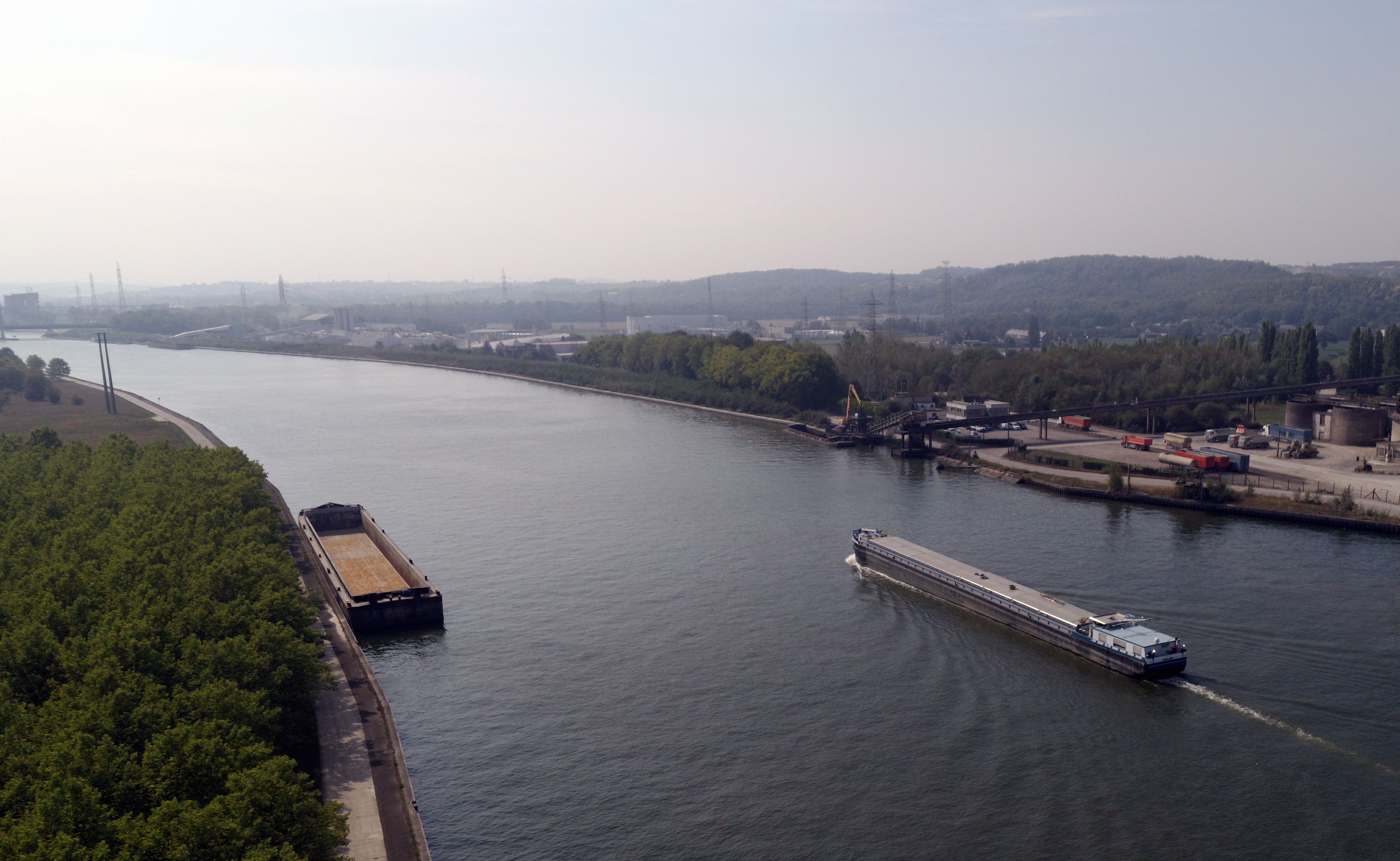Government of Flanders replaces industrial estates with water basin to combat drought

The increasingly hot summers and their effect on the groundwater level in Flanders are one of the biggest challenges for the region in the coming years. That is why the plans for a business park in Antwerp are being transformed into a much-needed large-scale water reserve.
As part of the Blue Deal, Flanders' programme to combat drought and water scarcity, work is underway on the construction of a storage basin for three to four million cubic metres of water on the Zwaaikom site in Ranst, Antwerp, instead of an industrial estate.
"The most important task for our Blue Deal is to make space for water. With an additional storage basin as a strategic reserve, we will strengthen our drinking water supply during future longer periods of drought," said Zuhal Demir, Flemish minister for the Environment, in a statement.
Although the Flemish Environment Agency confirmed last week that there is no risk of drinking water supplies running dry despite the fact that most groundwater monitoring sites indicate very low levels for this time of year, Demir stressed the need to have "extra margin during future long periods of drought".
Two important functions
According to Demir, the water reservoir will have two important functions. Firstly, it will provide a natural, initial purification of the raw water of the Albert Canal, located in the north-east of Belgium, which connects Antwerp with Liège and also the Meuse with the Scheldt. More importantly, in the context of persistent droughts, the water collected by the reservoir will act as a strategic reserve.
While there is sufficient water flowing through the Meuse and Albert Canal to the sea during the wetter periods of the year, the flow rate drops sharply during the summer months and for longer periods due to climate change. "With this extra reservoir, we can store some of the water from the wetter periods for use during the dry summer months," says Demir.
The location was chosen because of its proximity to the already operational Broechem reservoir and the production centre in Oelegem of drinking water company Water-Link, which already operates three reservoirs with a total capacity of more than seven million cubic metres.
Planning process
Demir will start a planning process for a spatial implementation plan, where the emphasis will be on maximum integration with the surroundings and nature, since an important protected area lies next to the planned site of the reservoir. By using sustainable techniques, such as natural bank planting, the reservoir is even expected to improve the habitat of local aquatic fauna and flora.
Due to the persistent drought, from now on there is also a general smoking and burning ban in Flemish forest and nature areas. Minister Demir announced this on Sunday. It is already forbidden to smoke or light fires in these areas from risk code yellow, but this ban is now being generalised. "Flanders has so little nature, so we have to do everything to protect it as much as possible", Demir concluded.

(AHU)
#FlandersNewsService
© BELGA PHOTO ERIC LALMAND - Illustration shows aerial view of the Albert Canal and the cement factory CBR in Lixhe (Vise) at the boarder with the Netherlands, Wednesday 16 September 2020.